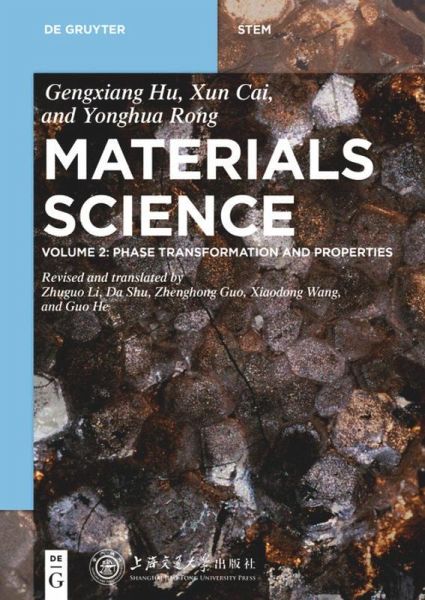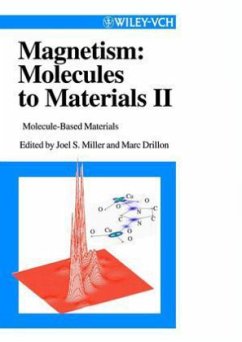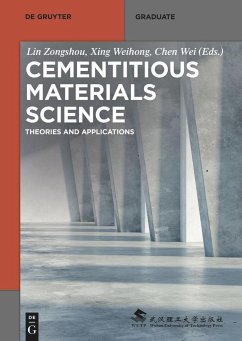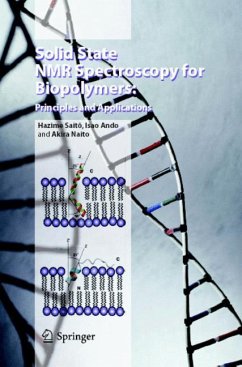
Phase Transformation and Properties
Versandkostenfrei!
Versandfertig in 6-10 Tagen
62,99 €
inkl. MwSt.
Weitere Ausgaben:

PAYBACK Punkte
31 °P sammeln!
This textbook illustrates one-component phase diagrams, binary equilibrium phase diagrams and ternary phase diagrams for ceramics, polymers and alloys by presenting case studies on preparation processes, and provides up-to-date information on nano-crystal materials, non-crystal materials and functional materials. As second volume in the set, it is an extension of the first volume on physical aspect of materials.













